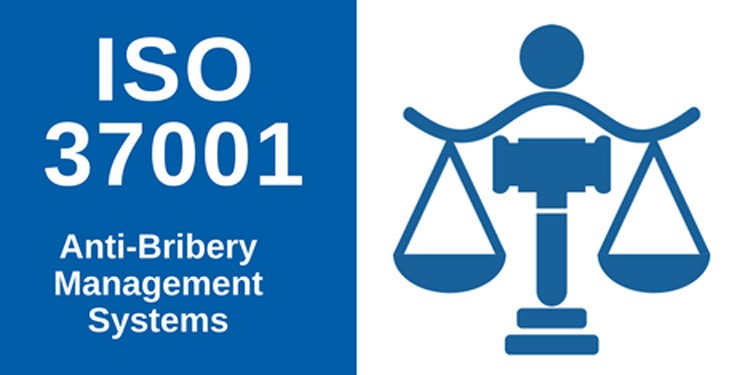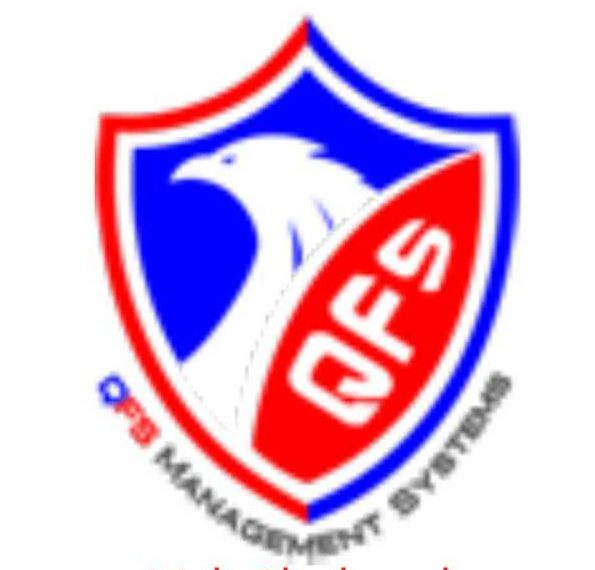The ISO 37001 Certification standard Anti Bribery and Corruption was published in 2016, are a powerful tool for certifying your organization’s anti-corruption program. Bribery and corruption remain some of the primary risks to businesses and societies in a continuously changing world. ISO 37001 assists businesses in defining an appropriate framework for managing bribery risks in a systematic manner, which includes concepts, processes, and controls. The foundations of any organization’s credibility are transparency and trust. Corruption weakens effective institutions and fair business practices, which is why ISO 37001 exists.

Bribery and corruption are severe threats to all types of enterprises around the world; they have destroyed public confidence in responsible institutions. As a result, efforts to discover inducement abuses and strengthen anti-bribery laws around the world are intensifying. It’s no surprise, then, that the ISO 37001 continues to gain traction among businesses and governments around the world. ISO 37001 tackles one of the world’s most harmful and difficult problems head-on, demonstrating a serious commitment to eradicating corruption.
Importance of ISO 37001 Certification
Being an ISO 37001 certified professional allows you to stand out from the crowd by demonstrating anti-bribery knowledge while also setting your firm apart from the competition. This standard is designed to help you avoid corruption by guiding you through the process of identifying, detecting, and responding to potential bribery threats. The requirements of this standard allow businesses to put in place an anti-bribery framework as well as effective anti-bribery policies and processes.

ISO 37001 is an international system, targeted at reducing corruption risk across the global value chain. You may monitor bribery risks, establish proportional controls, and create a workplace culture of integrity by implementing and certifying your firm to ISO 37001. An ISO 37001 ABMS, which may be tailored to your organization’s needs; helps you to meet stakeholder expectations and provides a uniform foundation for a variety of industrial and geographic operations. Companies can use ISO 37001 to detect a variety of risk scenarios, such as working in environmentally sensitive locations or dealing with high-risk partners.
Implementing an ABMS demonstrates that your organization is proactive in its anti-bribery efforts. Stakeholders, investors, employees, authorities, and the general public will notice your dedication to ethical business practices. It fills in as a system for ensuring authoritative integrity and combating remuneration-related hazards, as well as energizing a good corporate culture.
It covers a wide range of bribery situations, including:
- Directly from the company
- Employees functioning on behalf of the company
- Bribery that is carried out through the use of middlemen
- Third-party bribery of the organization
- Bribery of workers of the company by third parties


